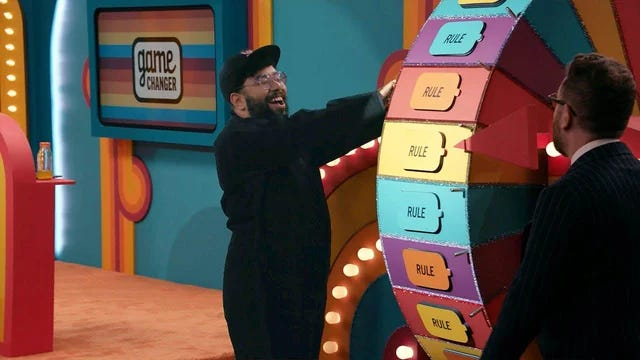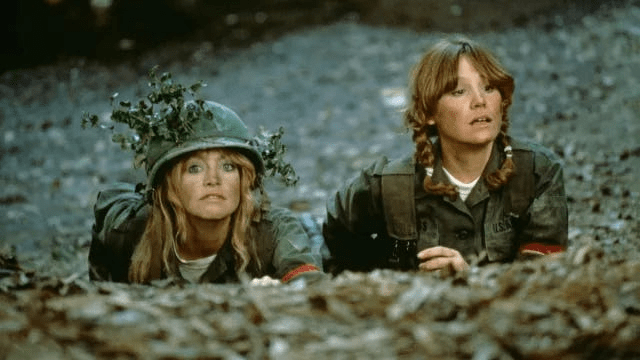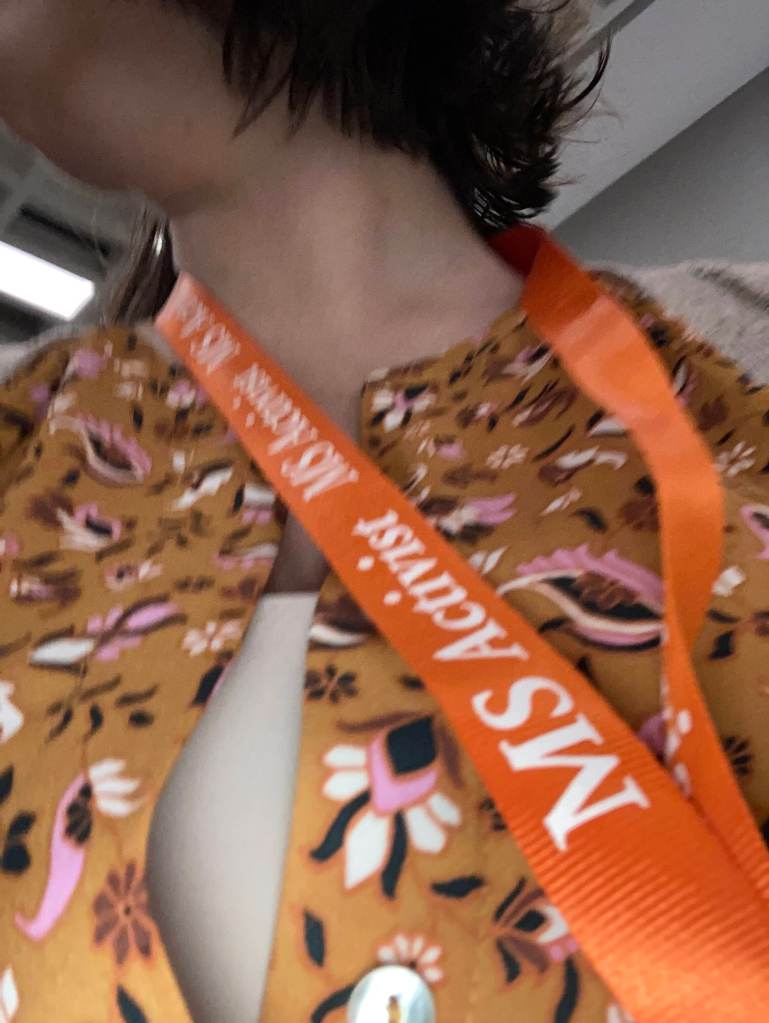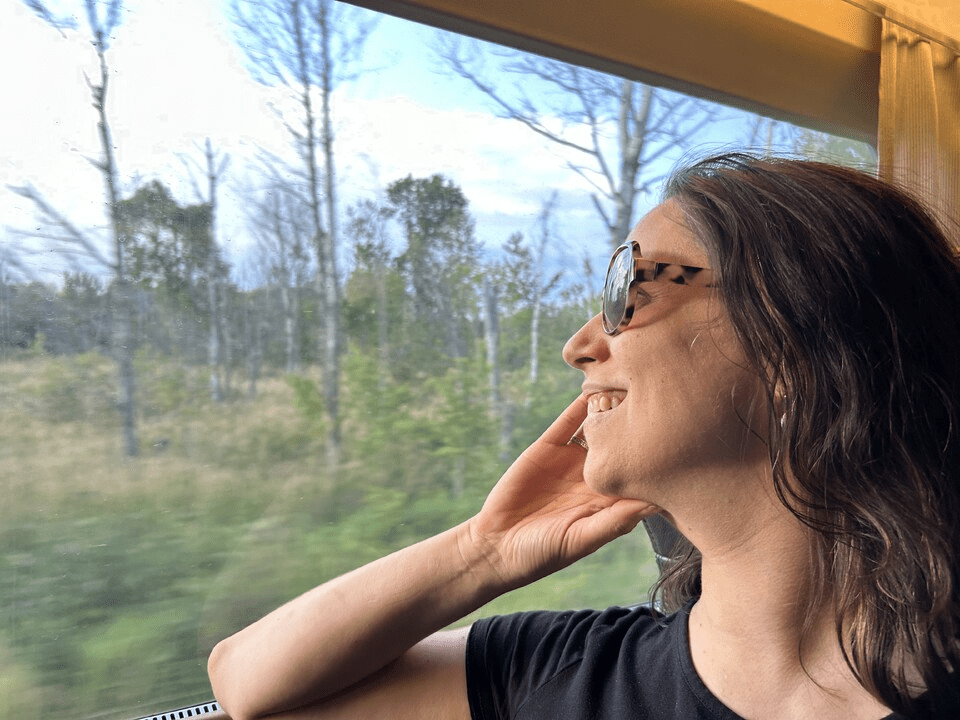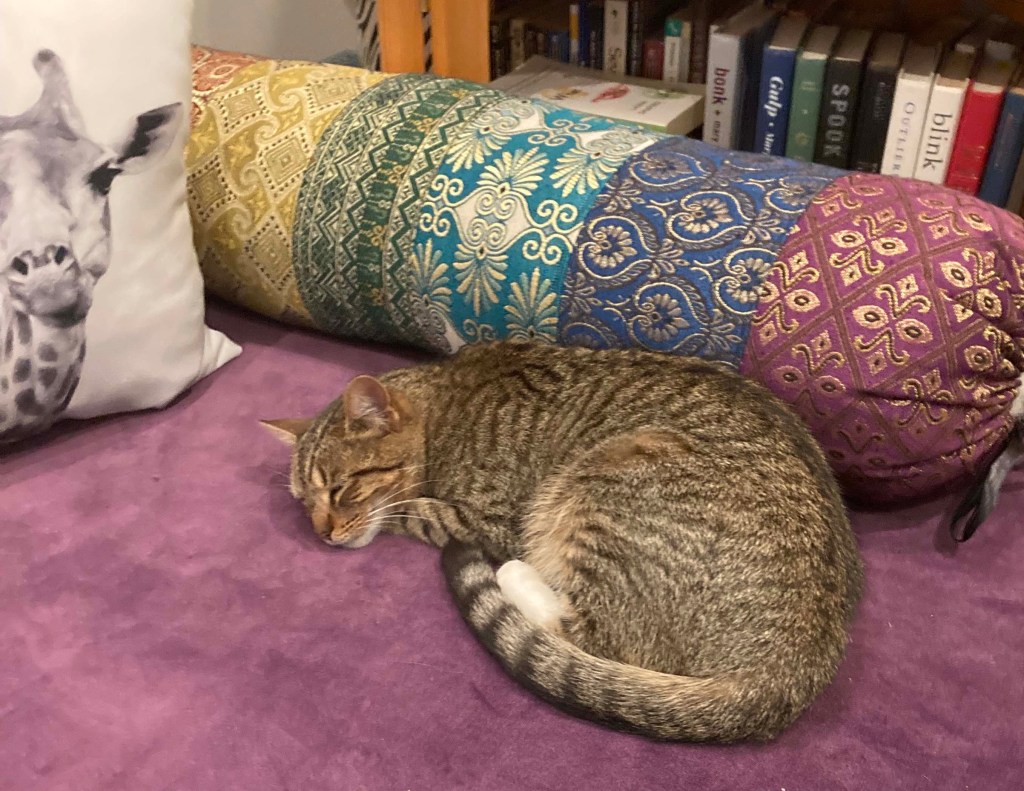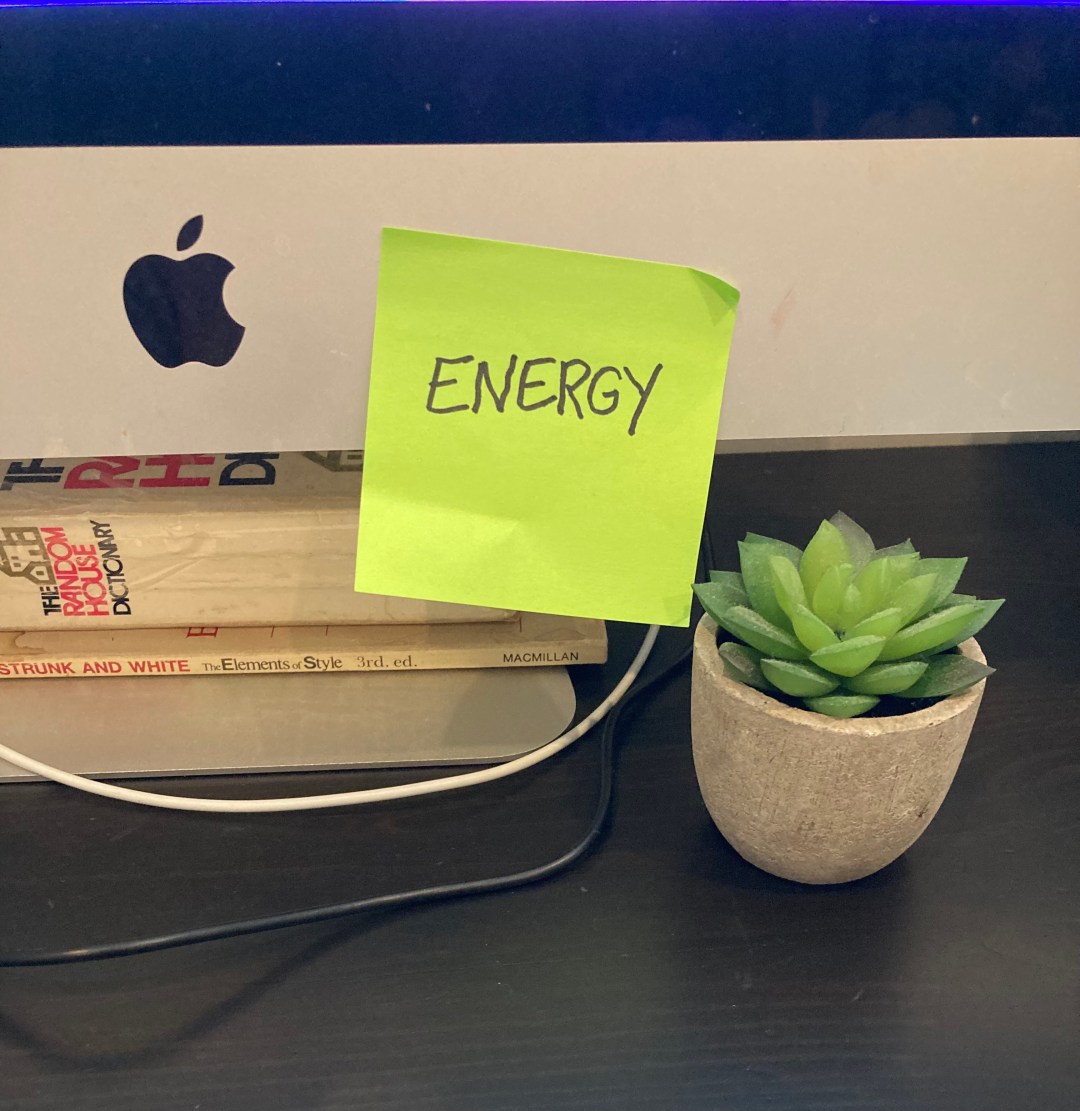Confession time: all of this summer’s weakness and fatigue was self-inflicted.
“But Rebecca,” you say, eyes filled with kindness. “Nobody asks for MS! You are doing the best you can with what you have.”
Am I? Was it my best to smoke on and off during lockdown, knowing that smoking is the number one, don’t-do-it-you-moron thing ANYONE can do, never mind someone with MS? Damn you, 2020 Rebecca.
Was it my best to exercise a few weeks and then not? A year and then not? Six weeks and then not? Etc. Damn you, a lifetime of Rebeccas.
To let my activity decline enough that I gained another ten pounds that became unmovable due to fatigue, midlife, and my commitment to not letting MS steal my carbs on top of everything else? Damn you, 2024 Rebecca.
To wait weeks to ask Hers if maybe the weight loss drugs I was trying could be contributing to my weakness and fatigue? To wait another month to complain when I didn’t get a reply?
And, more to the point, was it my best to sign up for those drugs in the first place?
Damn, damn, damn.

I’ve written about vanity before, about hoping that when strangers wonder about my limitations they are at least thinking “Why’s that pretty girl on a mobility scooter?” I’ve accepted many age-inappropriate accessories as means to do more in life. A cane but make it cute? I can do that! I’ve done decades of “welp, let’s sort out this fresh hell”, adding catheters and grab bars to my must-pack list. I’ve mourned my grace in movement, now choosing to be awkward instead of stagnant.
Lately, though, even in stillness I do not feel like myself. Years of overcompensating for uncooperative legs has caused a scoliosis so pronounced that repeated self-conscious adjustments cannot prevent me from striking a Quasimodo pose. Each photo I view is evaluated for the evenness of my shoulders and the turn of my head, as I watch for further signs of the twist that has crept into my body.
Finally my judgment-hungry eyes scan down to the not-so-gentle curve of my belly, and I seize on it as something at least theoretically in my control. Now this is self-criticism I can sink my teeth into.
In the midst of all of my physical challenges that I face so bravely (cue swelling music), why the hell can’t I look at the soft flesh that has morphed from tummy to belly in the past five years with love? I’m a feminist. I’m evolved. I know beauty comes in all sizes.
Well, other people’s beauty does.
I don’t judge others for choosing medical assistance to help them feel more like themselves. Hell, I keep a mental list of celebrities who have had stellar work done (I’m looking at you, Carol Burnett), so why on earth should I be ashamed that I sought some assistance? Yet I find myself criticizing me at least as much, if not more than, the folks at Hers that left me hanging for a month in a panic, stealthily researching home health aids in my spare time, wondering if I’d have to cross that bridge before my 50th birthday.
There is good news here in this litany of self-flagellation. (Such a pity I’m not actually a masochist.) When the folks at Hers finally did reply to my side effect inquiry, I got a message of “Oh yes, one of these drugs causes muscle weakness!” followed by “Oh, actually two of them do.” So now I’m off of those medications and feel like I’m improving slowly, bumpily. Great days (no help after getting out of bed! 1000 steps! energy!) are followed by shakier ones. All in all, though, I feel like me again, which feels pretty damn amazing.
Bodies, especially bodies with Multiple Sclerosis, are such good examples of complexity. Sure, sometimes cause and effect are wonderfully clear, as in the case of my recent decline and its resolution. For the most part, though, there are so many variables at play it is impossible to know (even in hindsight) what combination factors caused my disease to progress the way it has. While diet and exercise are undoubtedly helpful, who can say how different my lot might be now if I started Crossfit the moment I received my diagnosis or if I ate my last spaghetti carbonara in 2010? This is a tough diagnosis, and I really do the best I can with what I have most of the time. Yay you, Rebecca!
There is still a mental fridge FILLED with triple decker sandwiches of self judgment begging me to take a bite. The primary one has layers of “hey Tubby!” atop “don’t call yourself Tubby!” atop “don’t police your feelings!”. Luckily, mindful self-compassion has given me tools to experience all of this without a complete meltdown. To say, “Oh hello feelings” instead of “Damn you, Rebecca”. Most of the time.
Almost shameless plug: Want to try this shift out for yourself? Join Mark Rovner and me for six weeks of mindful self-compassion in October. There will be meditation, reflection, and laughter. And 50% off if you use code MSC50.

